|
As you probably know, the digitization of music has reached a tipping point. And how amazingly convenient it is. I love being able to find almost any music I want in an instant, and play it through Spotify. I love using curated playlists from services like Pandora and Google Play Music. I am absolutely astounded by how these services allow us to find, organize, and play music of so many genres without having to navigate something like this: I feel so much cooler now that I don't have to walk around with one of these: And it is so awesome that I can play music uninterrupted for hours without investing in one of these behemoths: As a consumer of music, this new world ROCKS - what an amazing gift technology has brought us. This is a truly magical time! I feel like this puppy: But, as an Artistic Director of an independent classical music group, these magical times terrify me. I actually feel more like this: Why? Well, there are two big problems, and no easy solution. If you are a music lover, and especially if you love music of any kind from artists who do not top the international charts, I hope you will read this and consider your music purchasing behavior over the next few years. Problem 1: Awesome technology has seriously eroded dollars spent on musicThis is the obvious part of the story, but here’s a little data, just to make it real. Not surprisingly, physical CD sales are dwindling...to the tune of 8-10% a year over the last decade. This is pretty damn bad. Companies go bankrupt very quickly in markets with fundamentals like this. “Well,” you might say, “of course physical sales are down, but digital downloads of albums are up, right?” Actually, no, not anymore: "Wait, that's album sales, though....aren't single track downloads still rising? Nope: The most recent reports show digital downloads shrinking even faster than physical CD sales. Many music industry analysts believe that CDs will actually outlive downloads as a format. What is on the rise? Well, pretty much the only thing on the rise is streaming. On the upside, paid streaming is a LOT better than pirated streaming (like Napster). But, it is not nearly the lifevest that is needed for the recorded music industry to recover all of the value lost over the past decade. Even with massive growth in streaming, the global music industry (largely represented by the major labels and distributors, not the artists) grew less than 1% in 2015. It makes sense, right? Why on earth would you ever buy an album if you can stream it instantly from your phone for free (at best) or for an "all-you-can-eat" price of $10 a month for more music that you could ever listen to? For a whole generation that came of age in the last decade, the idea of buying music in physical album form is as foreign as a rotary telephone. Pretty soon, the digital download will be the same. The ash heap of antiquated music technologies will then look like this: What does this all mean? Well, to get really technical, In a world where the amount of music that has ever been recorded is growing, kind of like this: And when the amount of money is shrinking or stable, kind of like this: The dollars available for each piece of new recorded music looks kind of like this: Or alternatively, like this: It's not a great situation. To make matters worse, there's... Problem 2: Very few dollars spent on music ever make it to the artistsSince we were just talking about streaming, let’s start there. How economically different is streaming for an artist than selling an album? Let’s imagine for a moment that there are just two options in the world for listening to music:
For Option A, let’s assume you pay the artist $20 for the disc, and we’ll estimate that the artist paid $2.50 to actually print the CDs and booklets. The artist nets $17.50. For Option B, let’s assume you listen to the entire album of 16 tracks on Spotify. The average track play on Spotify nets an artist .7 cents per play. Not 7 cents, 0.7 cents [$00.007]. For this full play of the album, the artist nets $0.11. Let’s just graph that up: Yikes! But wait, what if you played it a lot? Wouldn’t it get better? Well, of course, but it would take a LOT of plays. To be as well off as the $17.50 in Option A, it would take 2500 track plays. What does that mean exactly? If you listened to music for 14 hours a day every day, you would have to listen to NOTHING but that album for 12 days straight. Even if it is GREAT music, this would make almost anyone look like this: Or, perhaps more reasonably (?), let’s just imagine that you listen to the whole album just once per day. Because even if you love an album, once a day is enough, right? That would just mean listening to the album only on the days circled on this calendar: Ok, that's a lot of days! To think about it a different way, these two scenarios would be economically equivalent.
That's right! If you convinced ALL of these tiny smiling faces to listen to a track on Spotify: It would net the same amount of revenue as convincing all of these smiling faces to buy a physical album: This last makes me particularly queasy, as it means that the return on investment for any marketing in this age is bound to be remarkably low. You just need SO MANY people to listen. So, streaming (at least as it currently exists), is a bad substitute for album sales. Scary bad. Hopefully it will change in the future, but it won't happen overnight. Let’s add another option to our list above:
Amazon is now the top retailer of music in the US – they sold 24% of all CDs in 2014, and I’m guessing that number has gone up. Amazon reviews are incredibly important to album sales, and Amazon lists of top sellers help set the conversation of the market. Amazon is hard to ignore. Let’s imagine an artist decides to sell her album to Amazon at a wholesale price of $10. The album still cost her $2.50 to physically produce. In that situation, where does the money go? Yep, that’s right, Amazon nets the majority of the sale, and takes home more than the artist. I understand that Amazon provides an amazingly convenient service that consumers love, but boy, does that stat make me sad. Especially given articles like this. Now that we’ve been a little depressed by that, let’s add a fourth option to our list:
This is certainly better than streaming, and the artist doesn’t have to go through the cost of buying a CD. A $10 download on iTunes might result in the artist getting a check for $6.75 a few months after you downloaded the album. So, just to sum up the economics we just talked about, here’s what an artist nets in each of several scenarios: To this point, we haven’t considered ANY of the costs of creating a recorded album. These probably include:
Let’s look at those in our conclusion… Conclusion: Creating new independent recordings (other than pop smash hits) may not be a viable business for much longerTo illustrate this, let’s imagine that a non-pop-mainstream musical group has a compelling new project they would like to record. They could be independent, classical, folk, whatever you like. If the artists themselves donated their time to the project (E.g., composed music, rehearsed it, and recorded it for free), the costs to put together the average album might look something like this: Ok, $13,000 doesn’t sound too bad, right? What would it take to make that back? [By "make it back" I mean cover costs - before generating any actual profit from the recording.] Well, it could take a variety of forms, but here’s one path to recovering just those costs in today's world: Hmm. Ok, what if we want the musicians to actually be compensated for their efforts? [Let's assume that the work is in the public domain - ignoring for now the possibility of a living composer, which would add to the cost as well.] Again, we’re estimating, but what if there were 16 professional musicians involved in the project, and they wanted to make a modest $25/hour for their time rehearsing and recording the project? [Aside: I believe that professionals should make much more than this, which is a whole different post altogether; I just choose this modest amount to illustrate the point. These could be people trying to make a living in the music industry, and have bills they need to pay.] The costs would then look like this: And the breakeven would be: That may not sound daunting, but, in the current music market, it truly is. To put this in perspective, if this were a classical album, it would likely need to be in the top 10 on the Billboard Classical chart for 6 straight weeks to reach this break even. That’s a tall order for anyone who is not Andrea Bocelli or Yo-Yo Ma. (Or the Star Wars sound track, the current #1 at the time of this post...). And that is based on the world today. What if we fast-forward to a world where streaming is the only form of revenue? At current stream rates, it would take 3.7 million track streams just to break even on this hypothetical project. Over 1% of all Americans would need to stream 1 track. That the equivalent of everyone in the state of Connecticut or the entire country of Panama. See this stadium? You would have to fill that stadium 34 times with different people who have sampled a track to break even on this relatively modest project. Can this possibly be viable in the future? It has never been easy for musicians to make money, but I fear the economics are turning even more sharply against artists. In a world with ever-growing (seemingly infinite?) content available, future economic rewards are likely to land disproportionately in the pockets of those companies who are able to use technology to harness and curate the vast amount of art available. That is a valuable thing, of course. But what about the art itself? What about the artists? What happens to new art creation in a world where people are conditioned to believe that music is free? Some artists will be more likely to succeed in this new world - particularly those who are clever and adaptable to technological and societal trends around digital content consumption. But many others will not. Great artists are not necessarily great digital marketers or technical gurus. Some great art will not happen. Important recordings will never take place, because it will not make economic sense. A reasonable person might say: "Yes, Matthew, but isn’t this just an issue of simple supply and demand? It seems that there is just too much recorded music already available, and the willingness to pay is low simply because there is so much of it. We have enough albums already, we don’t need to make any more unless they are going to be heard by millions of people." If you believe that the popularity of music is the only measure of its value, and you think that only artists who make the top 40 are worthy of documenting their work and reaching people through their recordings, this is exactly right. You can close this page now. But, I don’t believe that. I believe that it is vital that performing musicians feel inspired and financially able to record music that will not be #1 on the pop charts. I believe that a rich society needs living performers of music of many genres. I believe that audiences of independent artists want to have recordings of their favorite musicians so that they can be moved by music outside of live performances. I believe that there are relevant and new artists and compositions that need to be added to the existing canon. I believe that artists need recordings of their work to help reach audiences they never see in person. Most of all, I believe we need active artists in our world, as art has the power to bring human beings together in a time when our politics, our culture, and our global economy often have a tendency to divide us. I think things need to change. But how?
|
AuthorMatthew Guard Archives
April 2020
Categories |
©2023, Skylark Vocal Ensemble Inc.
8735 Dunwoody Place, STE R, Atlanta, GA 30350
617-245-4958
8735 Dunwoody Place, STE R, Atlanta, GA 30350
617-245-4958

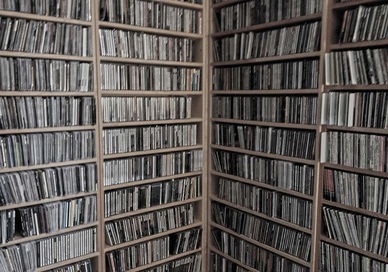




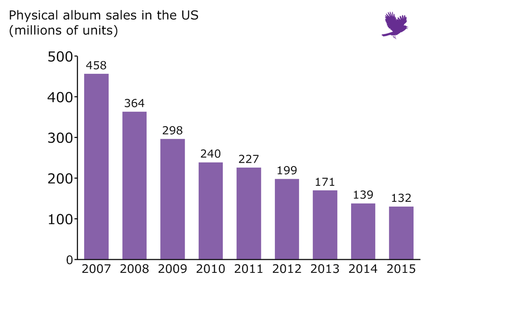
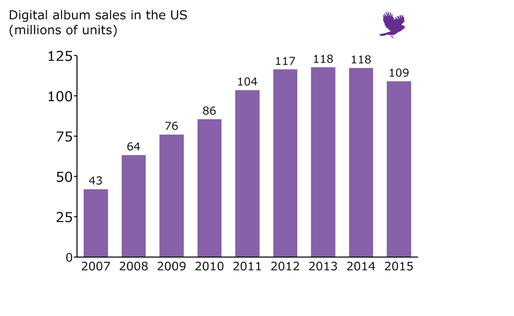
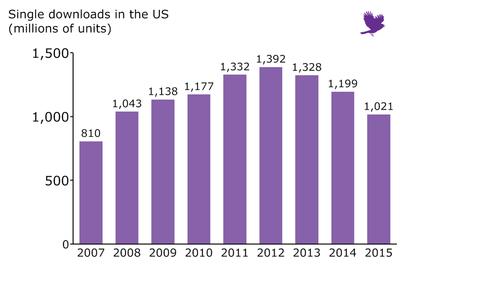
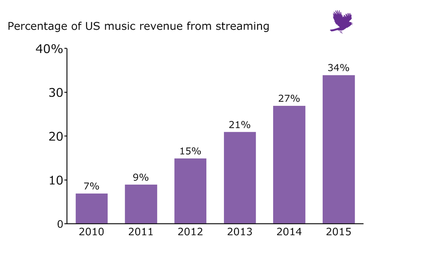
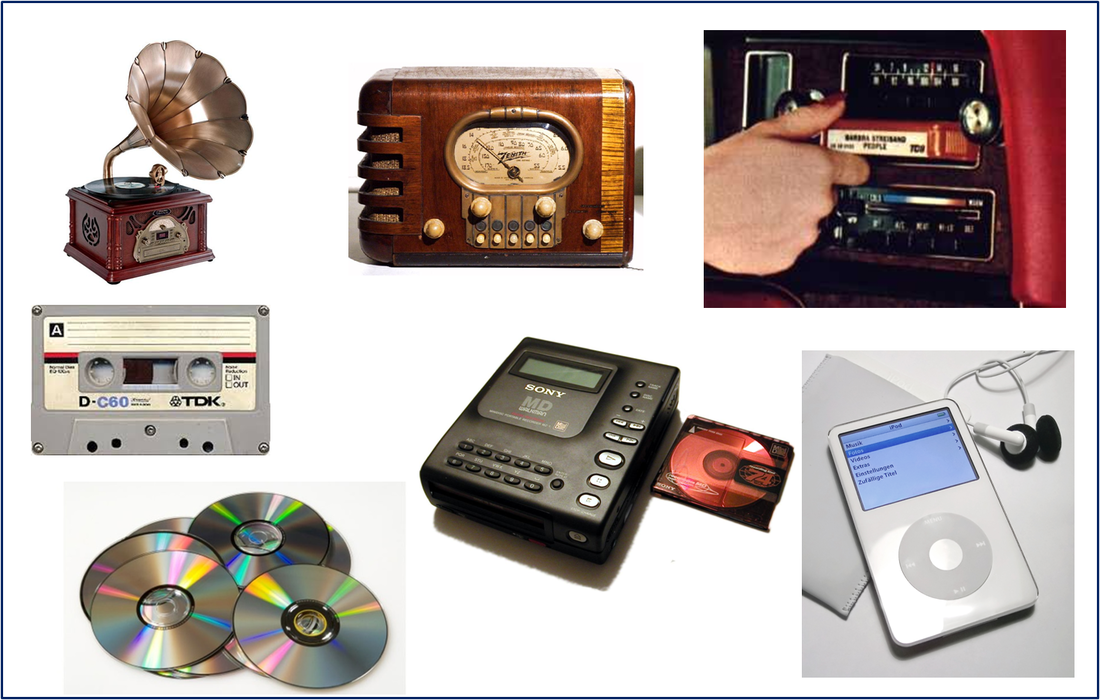
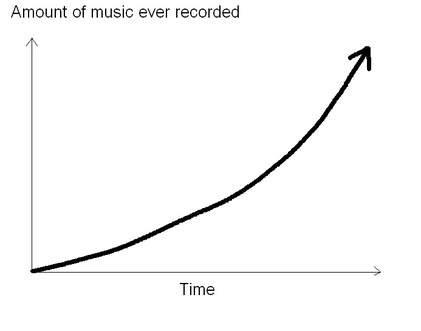
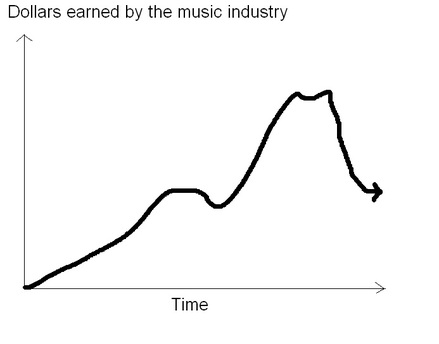
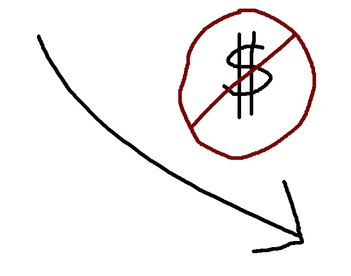

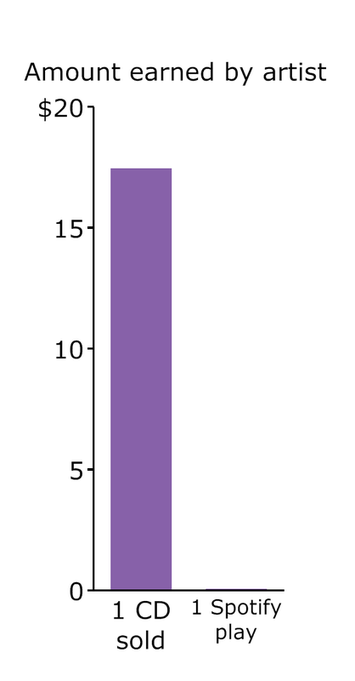

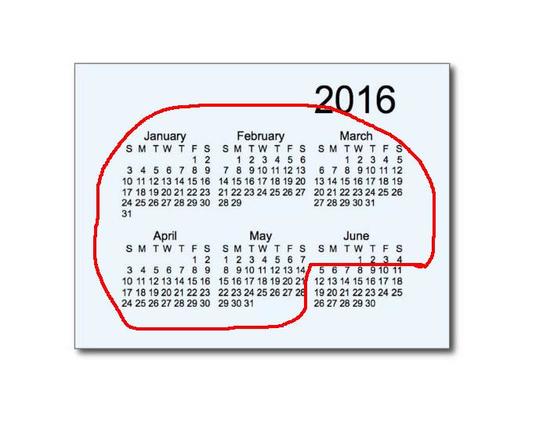

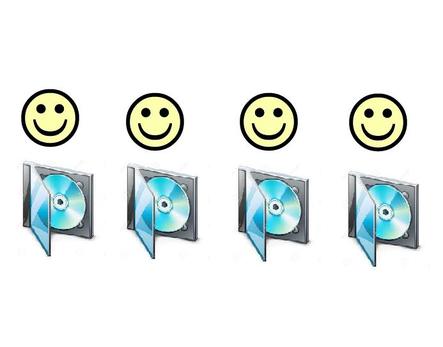
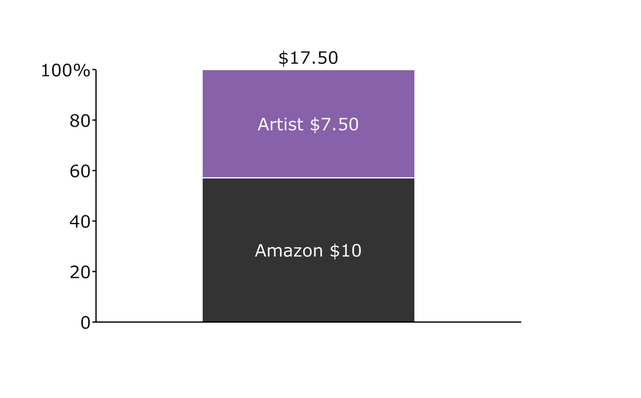
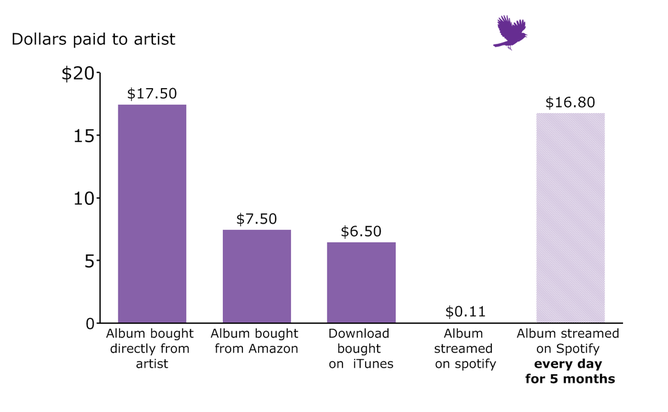
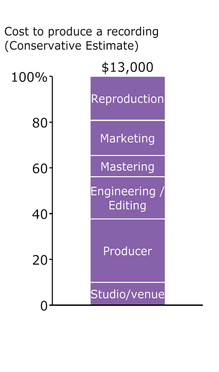
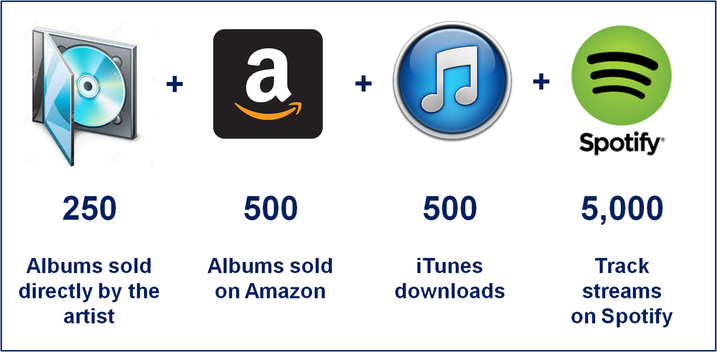
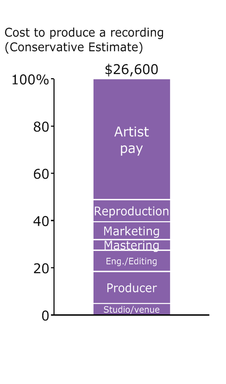
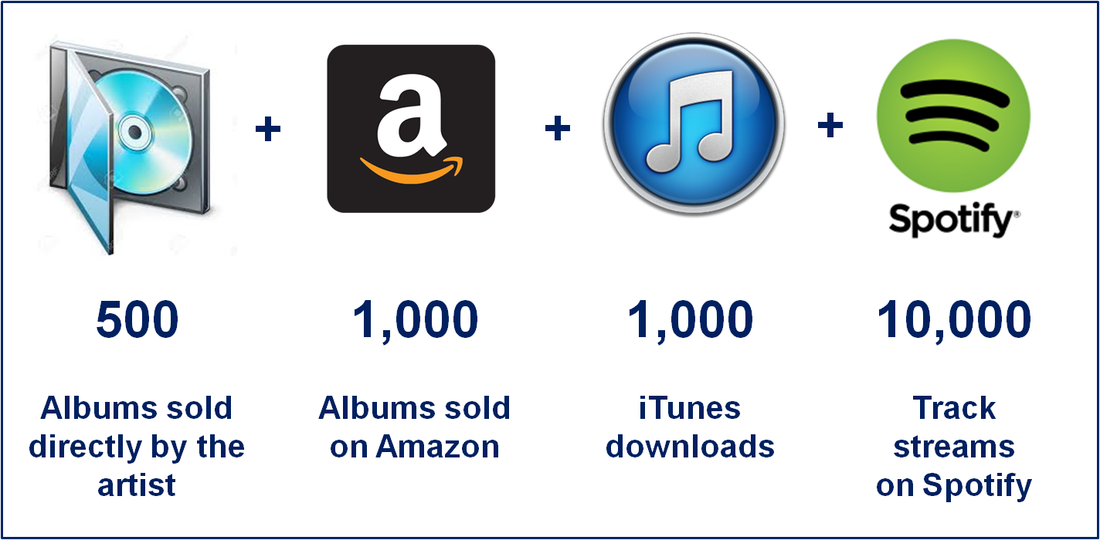
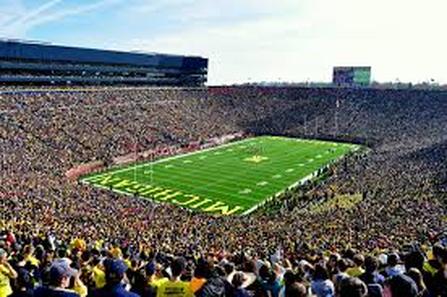

 RSS Feed
RSS Feed

